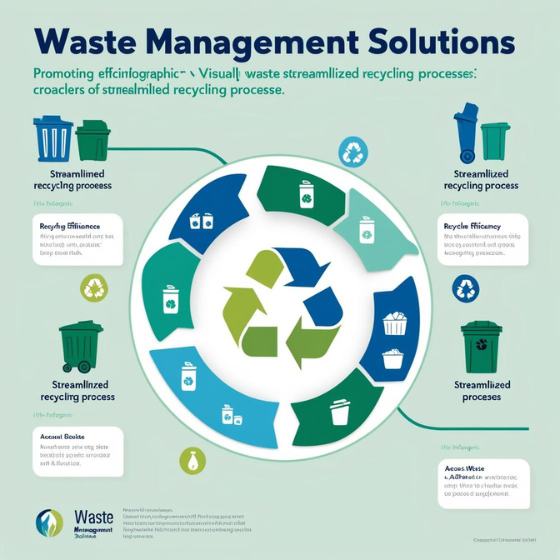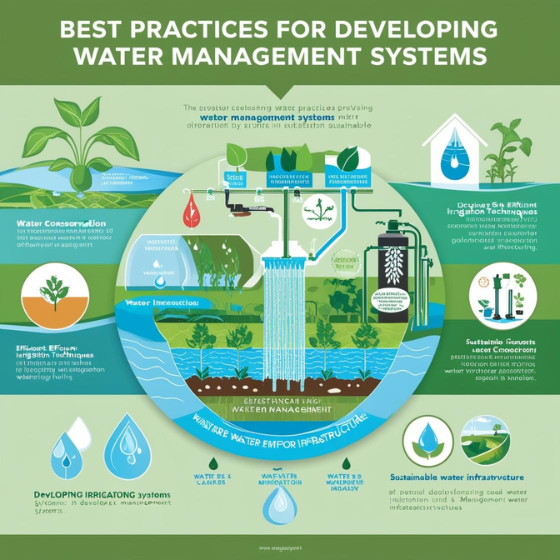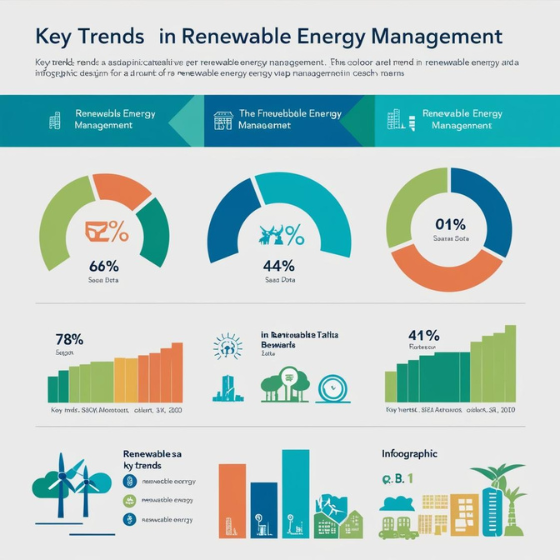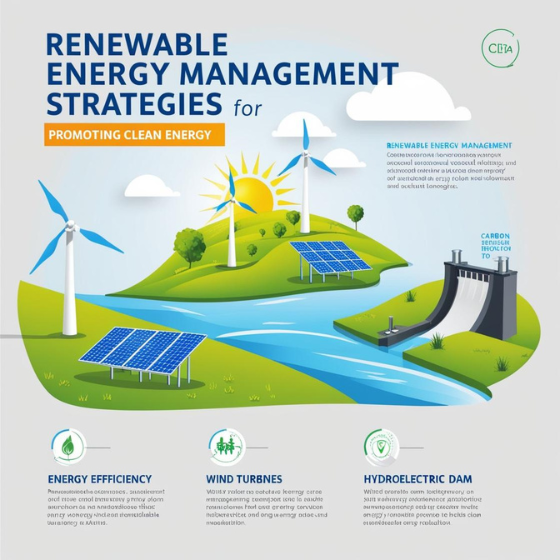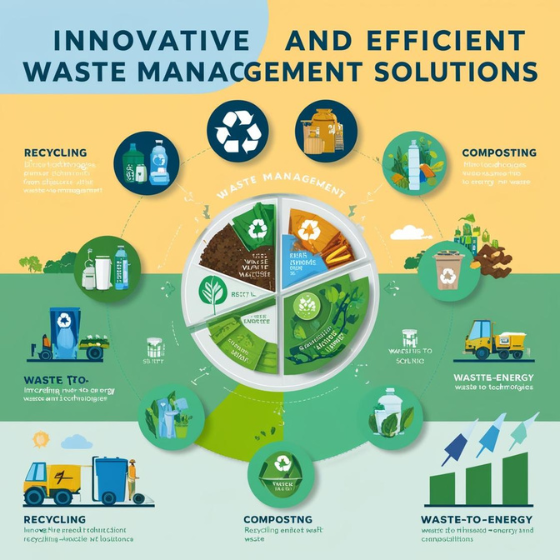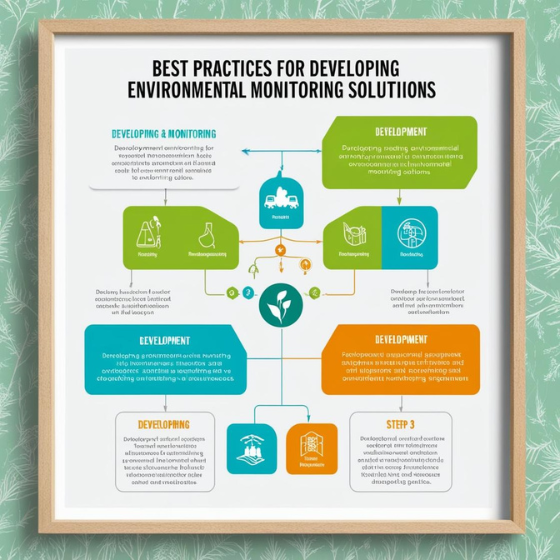Waste Management Solutions: Promoting Efficiency
Efficient waste management has become a critical component of sustainable practices for businesses, governments, and communities. With growing environmental concerns, stricter regulations, and rising waste generation, adopting innovative waste management solutions is no longer optional—it’s a necessity. By implementing modern technologies and strategies, organizations can not only reduce their environmental impact but also improve operational efficiency and save costs.
This blog explores the importance of waste management, cutting-edge solutions, and best practices for promoting efficiency in waste handling and recycling processes.
The Importance of Waste Management
1. Environmental Impact
Improper waste disposal contributes to pollution, greenhouse gas emissions, and harm to ecosystems. Effective waste management ensures that resources are used efficiently and environmental degradation is minimized.
Example: Recycling plastic reduces the need for virgin materials, saving energy and cutting carbon emissions.
2. Regulatory Compliance
Governments worldwide are imposing stricter regulations on waste disposal and recycling. Businesses must comply with these laws to avoid penalties and demonstrate corporate responsibility.
Pro Tip: Use automated reporting tools to stay compliant with local and international waste management standards.
3. Cost Savings
Efficient waste management reduces waste generation, optimizes recycling efforts, and minimizes disposal costs. Businesses can turn waste into valuable resources through circular economy practices.
Innovative Waste Management Solutions
1. IoT-Enabled Waste Monitoring
Internet of Things (IoT) devices are revolutionizing waste management by providing real-time monitoring and data analysis.
- Key Features:
- Smart sensors detect waste levels in bins and send alerts for timely collection.
- GPS tracking improves waste collection routes, reducing fuel consumption.
Example: Cities like Amsterdam use IoT-enabled smart bins to optimize waste collection schedules, lowering costs and emissions.
2. AI and Machine Learning in Recycling
Artificial intelligence and machine learning are transforming recycling processes by improving sorting accuracy and efficiency.
- Applications:
- AI-powered robots identify and sort recyclable materials with high precision.
- Machine learning algorithms predict waste generation patterns to optimize recycling programs.
Case Study: Companies like AMP Robotics use AI systems to sort recyclables faster and more accurately than traditional methods.
3. Blockchain for Waste Traceability
Blockchain technology ensures transparency and accountability in waste management. By tracking waste from its source to disposal or recycling, businesses can meet compliance requirements and build stakeholder trust.
- Benefits:
- Tamper-proof records of waste handling.
- Clear accountability across the waste management supply chain.
4. Waste-to-Energy Solutions
Turning waste into energy is an innovative way to reduce landfill use while generating renewable energy. Technologies like incineration, anaerobic digestion, and gasification are increasingly popular.
- Advantages:
- Reduces landfill waste.
- Generates electricity or heat for industrial use.
Example: Sweden’s waste-to-energy plants convert 99% of household waste into heat or electricity.
5. Circular Economy Practices
A circular economy focuses on reducing waste by reusing and recycling materials, creating a closed-loop system that minimizes resource extraction.
Implementation Tips:
- Design products for durability, repairability, and recyclability.
- Partner with recycling firms to recover valuable materials from waste.
Best Practices for Efficient Waste Management
1. Conduct a Waste Audit
Start by understanding the types and quantities of waste your organization generates. A waste audit identifies opportunities for reduction and optimization.
Steps:
- Analyze waste streams (e.g., organic, recyclable, hazardous).
- Measure volumes and costs associated with each stream.
2. Implement Waste Segregation Systems
Proper segregation is the foundation of efficient waste management. Use clearly labeled bins for different types of waste (e.g., organic, recyclables, hazardous).
Pro Tip: Train employees and stakeholders on proper waste segregation practices to improve compliance.
3. Leverage Technology for Automation
Automated systems streamline waste collection, tracking, and reporting processes.
Example: RFID technology tracks waste bins, providing accurate data on collection schedules and volumes.
4. Engage Stakeholders
Promote awareness and participation among employees, customers, and communities. Educational programs and campaigns encourage waste reduction and proper disposal practices.
5. Measure and Optimize
Set key performance indicators (KPIs) to track waste management performance. Regularly analyze data and optimize processes to improve efficiency.
KPIs to Track:
- Reduction in waste sent to landfills.
- Percentage of waste recycled or composted.
- Cost savings achieved through optimized processes.
Benefits of Efficient Waste Management
- Environmental Protection: Reduces pollution and conserves natural resources.
- Cost Efficiency: Saves money through optimized processes and resource recovery.
- Regulatory Compliance: Ensures adherence to waste disposal laws and standards.
- Improved Reputation: Demonstrates commitment to sustainability, enhancing brand image.
Conclusion
Efficient waste management is essential for businesses and communities striving for sustainability. By adopting innovative technologies like IoT, AI, and blockchain, and following best practices like waste audits and stakeholder engagement, organizations can transform waste into opportunities for growth and efficiency.
At Sodio, we specialize in developing customized waste management solutions that align with your sustainability goals.
Contact Sodio today to learn how our solutions can help you promote efficiency and sustainability in waste management.
